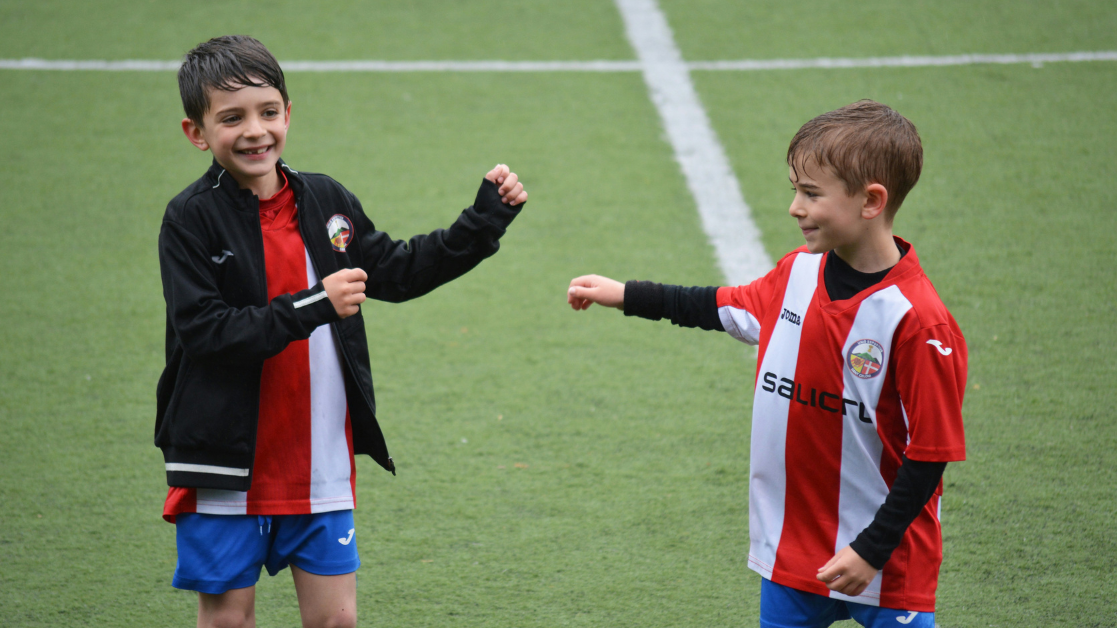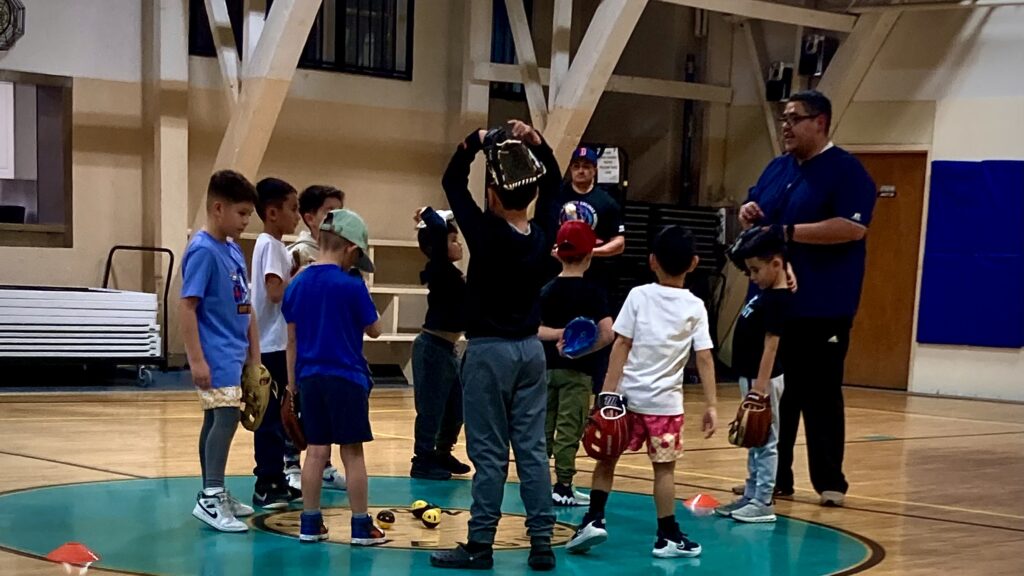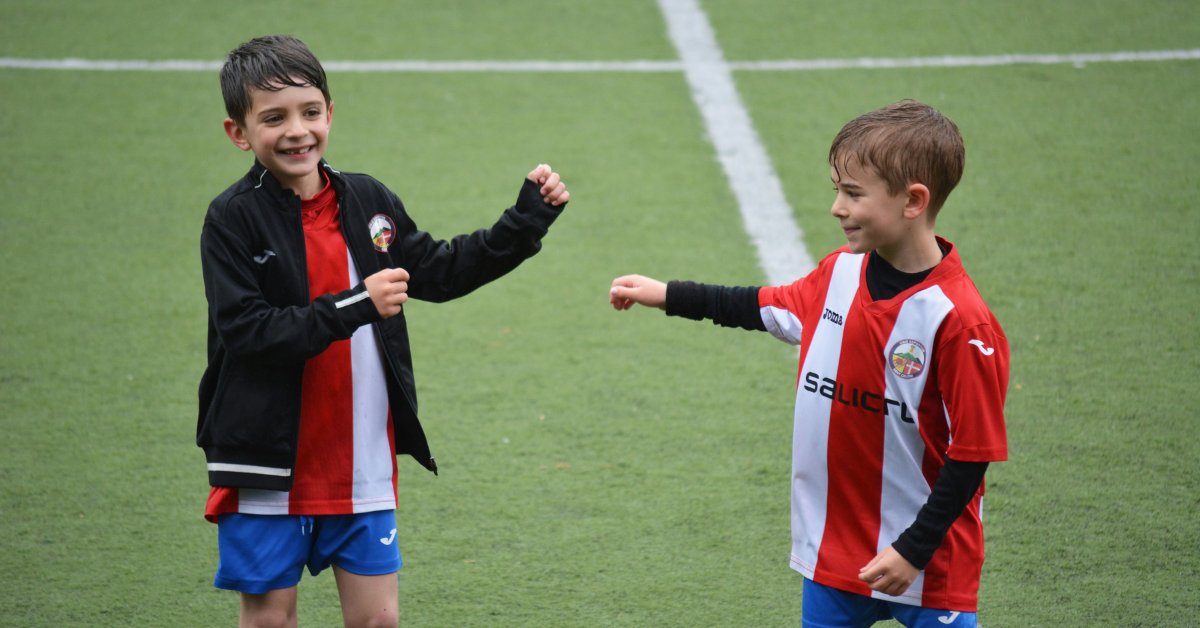Youth sports provide much more than just an opportunity to run, jump, and play—they’re a gateway to personal growth, teamwork, and essential life skills. Whether it’s learning how to communicate effectively, resolve conflicts, or build lasting friendships, the impact of sports on a child’s development is profound. If you’ve read about the academic benefits of youth sports or explored why kids should play sports, you know that these activities help enhance focus, discipline, and time management skills that transfer to the classroom. In our Ultimate Guide for Youth Sports Parents, we dive deep into navigating the world of youth sports, from choosing the right sport to understanding the 21 top benefits of youth sports for kids.
Beyond academics, the physical health benefits of youth sports are clear, helping children stay active and healthy, while the mental health benefits of youth sports offer emotional resilience and stress relief. As we explore the key ways sports help kids grow socially, emotionally, and cognitively, you’ll see how these experiences lay the foundation for success both on and off the field. So, let’s dive into how youth sports shape communication skills, cooperation, empathy, and social development, creating well-rounded kids ready for life’s challenges.

How Do Youth Sports Boost Communication Skills?
Verbal and Non-Verbal Exchanges
Youth sports are a fantastic way for kids to boost their communication skills, and it’s not just about talking. It’s about learning the nuances of verbal and non-verbal exchanges. Think about it – calling for a pass during a fast-paced game or listening attentively to a coach’s feedback requires more than just words. It needs focus, clarity, and the ability to express oneself confidently.
Body Language and Eye Contact
Verbal communication isn’t all there is. Reading a teammate’s body language or making eye contact to signal a shared strategy can make all the difference. These non-verbal cues often fly under the radar but are essential components of effective communication. By immersing themselves in such environments, kids learn to communicate in sharper, more effective ways.
Positive Reinforcement
Encouraging teammates and celebrating each other’s successes builds a sense of camaraderie and compassion. Being in a supportive sports environment teaches children to appreciate the power of positive reinforcement and constructive feedback. These are skills that are immensely valuable in classrooms, with friends, and later, in their professional lives.
How Do Youth Sports Promote Cooperation and Teamwork?

Embracing Team Spirit
In the world of youth sports, cooperation is about more than just working together. It’s about sharing responsibilities and embracing a spirit of teamwork that goes beyond the playing field. When kids play team sports, they’re encouraged to back each other up both on good days and bad. This sense of mutual support fosters a strong sense of community.
Valuing Different Roles
Being part of a sports team teaches kids to value different roles and understand that each player brings something unique to the table. Whether you’re the star forward or the steadfast defender in a soccer game, every role is crucial to the team’s success. Through this experience, kids learn the importance of acknowledging and valuing what others offer to the group.
Collaboration Skills
Sports offer numerous opportunities to develop collaboration skills. Kids learn how to strategize together, share successes, and learn from defeats as a team. Whether they’re high-fiving after a well-executed play or regrouping after a loss, these moments teach them that working together brings about collective achievement.
How Do Youth Sports Teach Conflict Resolution and Empathy?

Navigating Conflict
Youth sports serve as a real-life classroom for kids to learn conflict resolution. In the heat of a game, disagreements are bound to happen—whether it’s a disputed play or a misunderstanding between teammates. These moments are perfect opportunities for children to practice navigating conflicts constructively.
Empathy and Respect
Kids quickly find out that not every call will go their way or that their ideas might not always be accepted. They are faced with situations where they must decide: Do they escalate the issue, or do they work toward a solution? Through these experiences, they develop vital skills for handling conflicts positively, which can be invaluable throughout life.
Understanding Different Perspectives
Empathy also takes root in the sports field. Playing alongside peers from varied backgrounds teaches children to respect and understand different perspectives. They learn firsthand that while one player might excel in offense, another might shine in defense. Recognizing and appreciating these differences nurtures a culture of inclusivity and respect.
Putting Yourself in Others’ Shoes
Sports encourage kids to put themselves in others’ shoes, fostering empathy by understanding how their actions affect everyone around them. This foundation of feeling and respecting emotions strengthens their human connections, laying the groundwork for respectful and understanding interactions off the field as well.
How Do Youth Sports Aid Social Development?

Building Friendships
Participating in sports provides kids with a unique space to form friendships and build social networks outside the usual environments like school. Sharing highs and lows on the field creates bonds that can translate into strong interpersonal skills, grounded in mutual goals and experiences.
Instilling Respect and Sportsmanship
Youth sports instill not just camaraderie, but also respect and sportsmanship. Kids learn the value of fair play and the importance of humility when they win and grace in defeat. This respect isn’t just about rules; it’s about understanding and valuing teammates and opponents alike, and this often reflects in their everyday interactions.
Coach’s Role in Social Development
The role of coaches is monumental in this social development journey. A good coach not only focuses on improving a child’s athletic skills but also teaches life values. By encouraging teamwork, respect, and fair play, coaches help children build a positive self-image and develop important social skills.
Confidence and Resilience
Sports also offer avenues to confront peer pressure in a structured way. Kids learn to stand by their decisions, be it in team strategies or personal performance improvements. The challenges faced in sports teach resilience and boost confidence, essential for navigating social scenarios. Such experiences prepare them for various aspects of life, helping them to embrace diversity and inclusion with an open mind.
Final Thoughts
As you can see, youth sports offer far more than just physical activity—they provide invaluable lessons in communication, teamwork, conflict resolution, and empathy. As kids learn to navigate the highs and lows of sports, they develop the social and emotional skills that will serve them throughout their lives. From building friendships and learning respect to gaining the confidence to face challenges, the experiences gained on the field extend far beyond it. Whether it’s through verbal exchanges, understanding body language, or simply supporting teammates, youth sports equip children with the tools to succeed in both their personal and professional relationships. The lessons learned in the world of sports are ones that last a lifetime, shaping kids into resilient, compassionate, and effective communicators.

